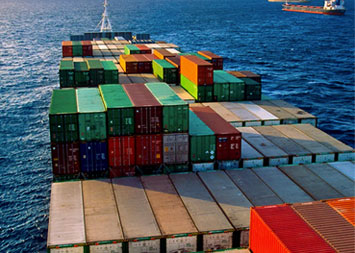A new report, commissioned by the International Chamber of Commerce, estimates that climate-related extreme weather events have cost the global economy more than $2 trillion over the past decade.

The research – conducted by the specialist economics consultancy Oxera – pinpoints almost 4,000 events which impacted a total 1.6 billion people between 2014 and 2023.
In the last two full years alone, global economic damages reached $451 billion – representing a 19% increase compared to the previous eight years of the decade. The analysis by Oxera also highlights the acute impact on many developing economies –with single extreme weather events often imposing economic costs more than a country’s annual GDP.
“The data from the past decade shows definitively that climate change is not a future problem: major productivity losses from extreme weather events are being felt in the here and now by the real economy.
John W.H. Denton AO
ICC Secretary General
Our latest analysis underscores the substantial economic toll of climate-related extreme weather events, with an estimated $2 trillion in global losses from nearly 4,000 events—a figure that likely underestimates the true scale of the impact. These events are not only reshaping economies but are deepening inequalities worldwide, placing a significant strain on both public resources and private assets.
Robert Catherall
Co-Head of Impact Assessment and Public Policy at Oxera
The new report was published at the start of COP29 in Baku, with the global business organisation pointing to the findings of the study as evidence of the need for greater urgency from governments in taking action to stem climate change.
Mr Denton added: “The upcoming UN Climate Change Conference cannot be – as some have suggested – a ‘transitional’ COP. We need to see outcomes capable of accelerating climate action commensurate with the immediate economic risks. This must start with a comprehensive package to accelerate the deployment of finance to ensure that all countries can transition towards low-carbon and climate-resilient development without further delay.
“Financing climate action in the developing world shouldn’t be seen as an act of generosity by the leaders of the world’s richest economies. Every dollar spent is, ultimately, an investment in a stronger and more resilient global economy from which we all benefit.
“From a business perspective, the urgency of coordinated and collective action to accelerate emissions reductions and build resilience to changing weather patterns cannot be overstated. Simply put, the time for action is now.”
Find out more about ICC’s work on sustainability and climate action.
Climate inaction comes at a high price to us all.











